April 16 stands as one of history’s most eventful days, witnessing the rise and fall of empires, groundbreaking discoveries, and moments that shaped our modern world across centuries of human achievement.
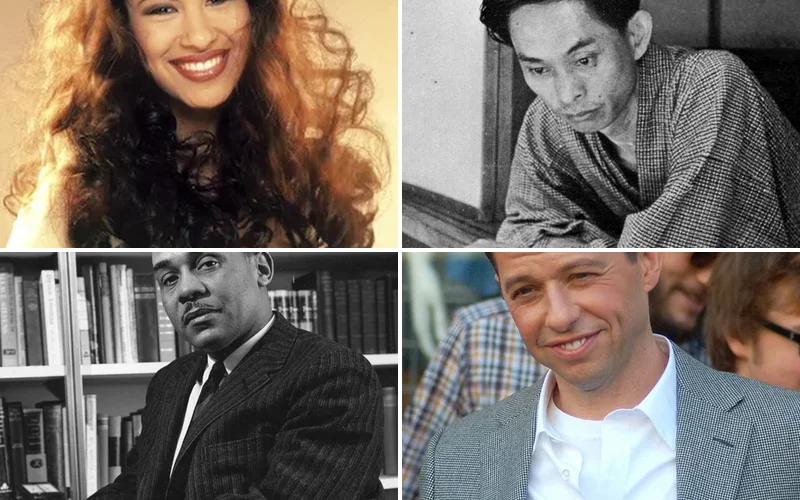
Politics and Government Events on April 16
1917 – Vladimir Lenin Returns to Russia from Exile

Vladimir Lenin arrived in Petrograd from his Swiss exile, marking a pivotal moment in the Russian Revolution. His return energized the Bolshevik movement and transformed the political landscape of revolutionary Russia.
The revolutionary leader’s presence galvanized opposition forces against the Provisional Government. Lenin’s arrival would prove instrumental in the eventual Bolshevik seizure of power later that year.
1961 – Fidel Castro Declares Cuba Communist

Cuban leader Fidel Castro publicly declared his Marxist-Leninist ideology in a nationally broadcast speech. This announcement formally aligned Cuba with communist principles and solidified the island’s break from Western influence.
The declaration sent shockwaves through the Western Hemisphere and intensified Cold War tensions. Castro’s proclamation marked Cuba’s definitive shift toward Soviet-style socialism and one-party rule.
2003 – European Union Expansion Treaty Signed
The Treaty of Accession was signed in Athens, admitting ten new member states to the European Union. This historic expansion represented the largest single enlargement in EU history, fundamentally reshaping European politics.
The treaty brought former Eastern Bloc nations into the European fold, symbolizing the continent’s reunification. This momentous agreement extended EU membership to over 450 million citizens across 25 nations.
1922 – Treaty of Rapallo Establishes German-Soviet Relations
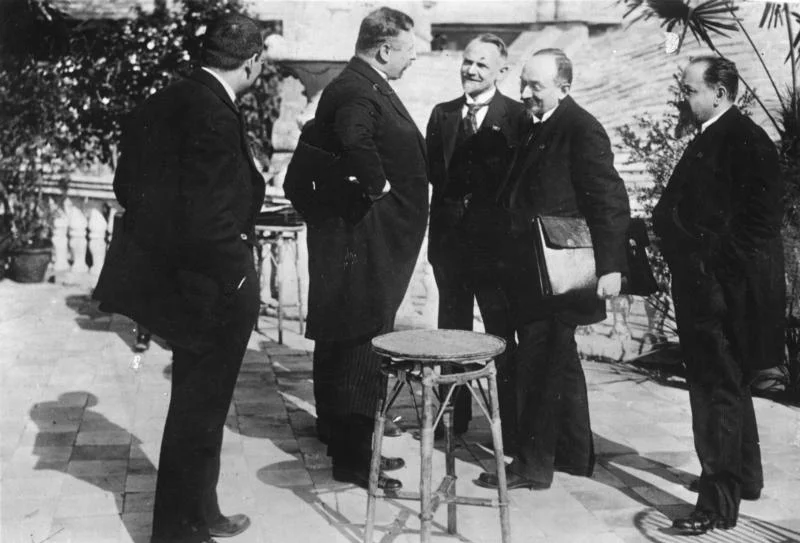
Germany and the Soviet Union signed the Treaty of Rapallo, re-establishing diplomatic relations between the two pariah nations. This unexpected alliance shocked Western powers and reshaped European diplomatic alignments.
The treaty allowed both countries to circumvent post-war isolation and develop secret military cooperation. This partnership would prove crucial for both nations’ recovery and future military capabilities.
1948 – Organization of European Economic Cooperation Formed
European nations established the Organization of European Economic Cooperation to coordinate post-war reconstruction efforts. This institution became instrumental in administering Marshall Plan aid and promoting European economic integration.
The organization laid crucial groundwork for future European unity and cooperation. Its formation represented the first major step toward the economic partnerships that would eventually become the European Union.
Military and Naval History on April 16
1945 – Red Army Begins Final Assault on Berlin
The Soviet Red Army launched its final offensive against German forces defending Berlin with nearly one million troops. The massive assault marked the beginning of the end for Nazi Germany’s capital city.
The Battle of the Seelow Heights became one of the war’s bloodiest engagements as German defenders fought desperately. This overwhelming Soviet attack would lead directly to Hitler’s suicide and Germany’s surrender within weeks.
1941 – British Forces Destroy Italian-German Tarigo Convoy
British naval forces successfully attacked and destroyed the Italian-German Tarigo convoy in Mediterranean waters. This decisive naval victory disrupted crucial Axis supply lines to North Africa.
The convoy’s destruction significantly weakened German and Italian forces fighting in the North African campaign. British naval supremacy in the Mediterranean proved decisive in eventual Allied victory in the region.
1945 – Allied Forces Liberate Colditz Prison
The United States Army liberated the notorious Nazi high-security prisoner-of-war camp Oflag IV-C, better known as Colditz Castle. This fortress had held the most escape-prone Allied officers throughout the war.
The liberation revealed the ingenious escape attempts and prisoner resistance that had made Colditz legendary. Allied soldiers discovered elaborate tunnels, hidden radios, and other evidence of prisoner defiance against Nazi captors.
1919 – Polish Army Launches Vilna Offensive
Polish forces initiated the Vilna offensive to capture the strategically important city of Vilnius from Lithuanian control. This military action escalated the Polish-Lithuanian War over disputed territories.
The offensive reflected broader post-World War I struggles over national boundaries and ethnic claims. Polish success in capturing Vilnius would complicate regional politics for decades to come.
1910 – King George VI Awards Malta the George Cross

King George VI awarded the George Cross to the people of Malta in recognition of their extraordinary heroism during World War II. This unprecedented honor recognized an entire population’s courage under relentless enemy bombardment.
The award acknowledged Malta’s crucial role as a Mediterranean fortress that withstood intense Axis attacks. The island’s strategic position and brave resistance proved vital to Allied victory in the Mediterranean theater.
Science and Discovery Milestones on April 16
1943 – Albert Hofmann Discovers LSD’s Psychedelic Effects
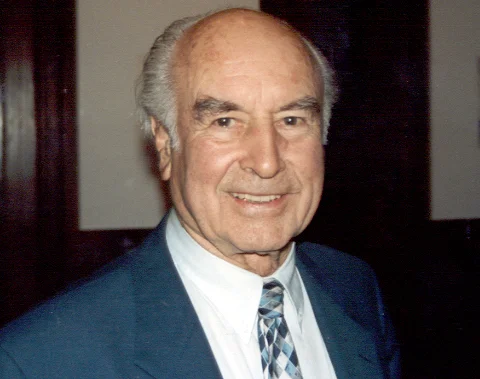
Swiss chemist Albert Hofmann accidentally discovered the hallucinogenic properties of LSD during laboratory research. His accidental exposure to the compound revealed its profound psychoactive effects for the first time.
Hofmann’s discovery would revolutionize neuroscience research and psychiatric treatment approaches. The compound’s powerful effects on consciousness opened new frontiers in understanding the human mind and brain chemistry.
1972 – Apollo 16 Launches to the Moon
NASA launched Apollo 16 from Cape Canaveral, Florida, beginning humanity’s fifth manned lunar landing mission. The crew prepared to explore the Moon’s Descartes Highlands region for three days.
This mission would contribute crucial geological samples and scientific data about lunar formation. Apollo 16’s success demonstrated America’s continued commitment to space exploration and scientific discovery.
1912 – Harriet Quimby Crosses English Channel
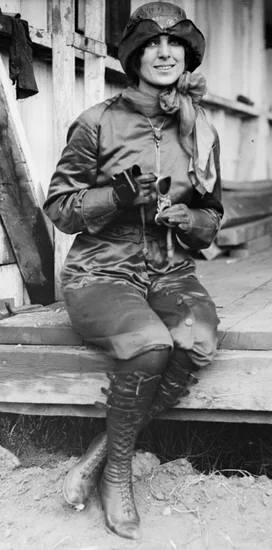
Harriet Quimby became the first woman to pilot an airplane across the English Channel in her Blériot monoplane. Her historic flight shattered gender barriers in aviation and inspired countless women pilots.
Quimby’s achievement demonstrated women’s capabilities in the dangerous early days of aviation. Her courage and skill paved the way for future generations of female aviators and aerospace pioneers.
Cultural and Arts Events on April 16
2012 – Pulitzer Prize Announces No Fiction Winner
The Pulitzer Prize committee announced its winners, marking the first time since 1977 that no book received the Fiction Prize. This unprecedented decision sparked widespread debate about contemporary American literature.
The committee’s controversial choice reflected ongoing discussions about literary standards and cultural values. Publishing industry professionals and critics debated whether this represented declining literary quality or changing aesthetic preferences.
2018 – New York Times and New Yorker Win Pulitzer for Weinstein Coverage
The New York Times and The New Yorker won the Pulitzer Prize for Public Service for their groundbreaking coverage of Harvey Weinstein’s sexual abuse scandal. Their investigative reporting launched the global #MeToo movement.
These journalistic investigations exposed decades of systematic abuse and cover-ups in Hollywood. The reporting encouraged countless survivors to speak out and fundamentally changed conversations about workplace harassment and assault.
2024 – Historic Copenhagen Stock Exchange Burns

The historic Børsen stock exchange building in Copenhagen suffered severe damage from a devastating fire. The 17th-century architectural masterpiece with its distinctive dragon-tail spire was partially destroyed despite firefighting efforts.
The fire destroyed irreplaceable cultural artifacts and centuries of architectural heritage. Copenhagen residents and visitors watched in horror as flames consumed one of Denmark’s most recognizable landmarks.
Religious and Social Events on April 16
1919 – Gandhi Organizes Day of Prayer and Fasting
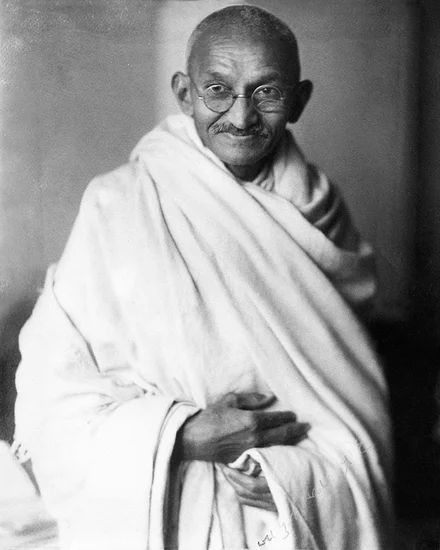
Mohandas Gandhi organized a nationwide day of prayer and fasting in response to the Jallianwala Bagh massacre. This peaceful protest demonstrated Gandhi’s commitment to nonviolent resistance against British colonial rule.
The observance unified Indians across religious and regional divisions against British brutality. Gandhi’s moral leadership transformed grief and anger into organized resistance that would eventually lead to independence.
1963 – Martin Luther King Jr. Writes Letter from Birmingham Jail

Dr. Martin Luther King Jr. penned his famous “Letter from Birmingham Jail” while imprisoned for protesting segregation. This eloquent defense of civil disobedience became a cornerstone document of the American civil rights movement.
King’s powerful words justified nonviolent resistance and challenged moderate whites to support racial justice. The letter’s moral clarity and philosophical depth inspired generations of activists fighting for human rights worldwide.
1925 – Communist Attack on Sofia Church Kills 150
Communist militants attacked St. Nedelya Church in Sofia, Bulgaria, killing 150 worshippers and wounding 500 others. This terrorist attack shocked the Orthodox Christian community and escalated political violence in Bulgaria.
The bombing represented the extreme polarization of Bulgarian society during the interwar period. Religious persecution and political terrorism would continue to plague the region for decades to come.
Business and Economic Events on April 16
1947 – Bernard Baruch Coins Term “Cold War”
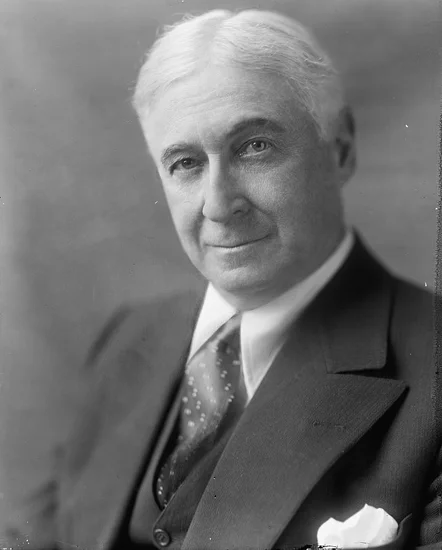
American financier Bernard Baruch first used the term “Cold War” to describe deteriorating relations between the United States and Soviet Union. His phrase perfectly captured the new reality of ideological conflict without direct military confrontation.
Baruch’s terminology quickly entered common usage and defined an entire historical era. The “Cold War” concept helped Americans understand the complex geopolitical struggle that would dominate international relations for decades.
1947 – Texas City Disaster Kills Nearly 600

A massive explosion aboard a freighter in Texas City, Texas, triggered fires that killed almost 600 people. The industrial disaster devastated the port city and became one of America’s worst non-natural catastrophes.
The explosion destroyed much of the city’s industrial infrastructure and left thousands homeless. This tragedy led to significant improvements in industrial safety regulations and emergency response procedures.
2014 – South Korean Ferry Sewol Capsizes
The South Korean ferry MV Sewol capsized and sank near Jindo Island, killing 304 passengers and crew members. The disaster exposed serious safety violations and sparked widespread criticism of government oversight.
The tragedy particularly devastated families of the many high school students who perished. Public outrage over the government’s inadequate response contributed to significant political upheaval in South Korea.
Transportation and Infrastructure on April 16
1908 – Natural Bridges National Monument Established

The United States established Natural Bridges National Monument in Utah to preserve three magnificent natural stone bridges. This designation protected these geological wonders for future generations of visitors and researchers.
The monument’s creation demonstrated America’s growing commitment to preserving natural heritage. These ancient sandstone formations continue to attract visitors from around the world who marvel at nature’s sculptural artistry.
1910 – Boston Arena Opens as Hockey Venue

Boston Arena opened its doors as the world’s first artificial ice rink designed specifically for hockey. This revolutionary facility became the oldest existing indoor hockey arena still in use today.
The arena’s innovative design influenced hockey venue construction worldwide. Its success demonstrated the growing popularity of ice hockey and helped establish Boston as a major hockey center.
2013 – Magnitude 7.8 Earthquake Strikes Iran
A devastating 7.8-magnitude earthquake struck Iran’s Sistan and Baluchestan province, killing at least 35 people and injuring 117 others. The powerful tremor caused widespread damage to buildings and infrastructure across the region.
The earthquake highlighted the ongoing seismic risks faced by communities along major fault lines. Iranian authorities mobilized emergency services to provide aid to affected communities and assess structural damage.
Sports and Recreation on April 16
2007 – Virginia Tech Shooting Tragedy
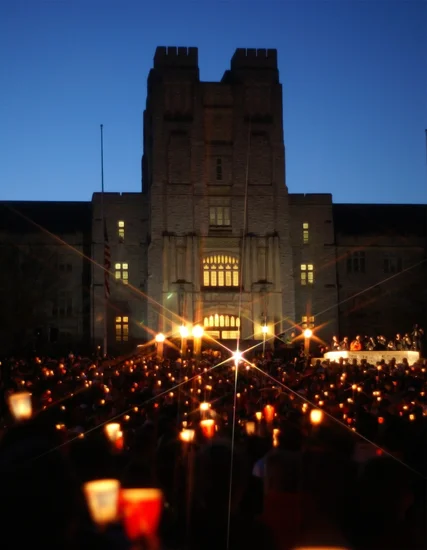
Seung-Hui Cho murdered 32 people and injured 17 others at Virginia Tech before taking his own life. This horrific campus shooting became one of the deadliest mass shootings in American history.
The tragedy sparked national debates about gun control, mental health services, and campus security measures. Universities across America implemented new emergency response protocols and threat assessment programs in response.
2012 – Anders Breivik Trial Begins
The trial of Anders Behring Breivik began in Oslo, Norway, for the 2011 attacks that killed 77 people. The proceedings attracted international attention as Norway grappled with its worst peacetime atrocity.
Breivik’s trial tested Norway’s commitment to democratic values and restorative justice principles. The nation’s measured response to terrorism demonstrated the strength of its democratic institutions and social cohesion.
2001 – India-Bangladesh Border Conflict Erupts
India and Bangladesh engaged in a five-day border conflict over disputed territories along their shared frontier. The skirmishes highlighted ongoing tensions between the two South Asian neighbors over boundary demarcation.
The conflict disrupted local communities and strained diplomatic relations between the nations. Both countries eventually returned to diplomatic negotiations to resolve their longstanding border disputes.
Notable Births on April 16
1927 – Pope Benedict XVI Born
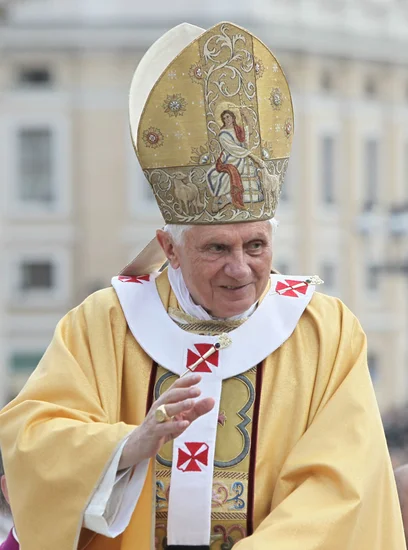
Joseph Ratzinger was born in Bavaria, Germany, later becoming Pope Benedict XVI. His theological scholarship and conservative leadership shaped Catholic doctrine during turbulent times.
Benedict’s intellectual approach to faith and tradition influenced millions of Catholics worldwide. His unexpected papal resignation in 2013 marked a historic moment in Catholic Church history.
1940 – Queen Margrethe II of Denmark Born

Margrethe Alexandrine Þórhildur Ingrid was born in Copenhagen, later becoming Denmark’s beloved Queen Margrethe II. Her reign brought modernization and cultural renaissance to the Danish monarchy.
The Queen’s artistic talents and intellectual curiosity endeared her to the Danish people. Her leadership helped maintain the monarchy’s relevance in contemporary democratic society.
1947 – Kareem Abdul-Jabbar Born

Ferdinand Lewis Alcindor Jr. was born in New York City, later becoming basketball legend Kareem Abdul-Jabbar. His unstoppable skyhook shot and six NBA championships made him one of basketball’s greatest players.
Abdul-Jabbar’s activism and scholarship extended far beyond basketball courts. His commitment to education and social justice inspired generations of athletes to use their platforms for positive change.
1922 – Kingsley Amis Born

English novelist Kingsley Amis was born in London, later becoming a prominent voice in post-war British literature. His satirical novels captured the changing social landscape of 1950s Britain.
Amis’s sharp wit and social criticism influenced an entire generation of writers. His novel “Lucky Jim” became a defining work of post-war British comedy and social observation.
1924 – Henry Mancini Born

American composer Henry Mancini was born in Cleveland, Ohio, later creating some of Hollywood’s most memorable film scores. His sophisticated jazz-influenced compositions revolutionized movie music.
Mancini’s “Moon River” and “Pink Panther Theme” became cultural touchstones. His innovative approach to film scoring earned him four Academy Awards and influenced countless composers.
1915 – Spike Milligan Born

Terence Alan Milligan was born in India to Irish parents, later becoming the revolutionary comedian Spike Milligan. His surreal humor and “Goon Show” radio series transformed British comedy.
Milligan’s anarchic style influenced Python, alternative comedy, and countless performers. His battle with bipolar disorder also brought mental health awareness to public attention.
1965 – Jon Cryer Born
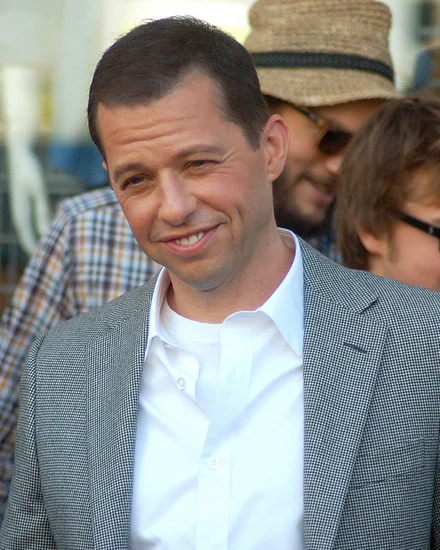
American actor Jon Cryer was born in New York City, later achieving fame in television and film. His versatile performances in comedy and drama showcased his range as an entertainer.
Cryer’s work on “Two and a Half Men” earned him multiple Emmy Awards. His career longevity demonstrates the value of adaptability in the entertainment industry.
1971 – Selena Born

Selena Quintanilla-Pérez was born in Texas, later becoming the “Queen of Tejano Music” before her tragic death. Her crossover appeal brought Latino music to mainstream American audiences.
Selena’s cultural impact extended far beyond music into fashion and business. Her legacy continues to inspire Latino artists and entrepreneurs decades after her passing.
Notable Deaths on April 16
1958 – Rosalind Franklin Dies

British biophysicist Rosalind Franklin died at age 37, leaving behind groundbreaking research on DNA structure. Her X-ray crystallography work proved crucial to understanding the double helix.
Franklin’s contributions to science were initially underrecognized due to gender bias. Modern science acknowledges her essential role in discovering DNA’s structure and advancing molecular biology.
1972 – Yasunari Kawabata Dies

Japanese Nobel Prize-winning author Yasunari Kawabata died at age 72, leaving behind a literary legacy of exquisite beauty. His novels captured the essence of Japanese aesthetics and psychology.
Kawabata’s delicate prose style influenced Japanese literature and introduced Western readers to Japanese sensibilities. His work bridged Eastern and Western literary traditions with remarkable grace.
1991 – David Lean Dies
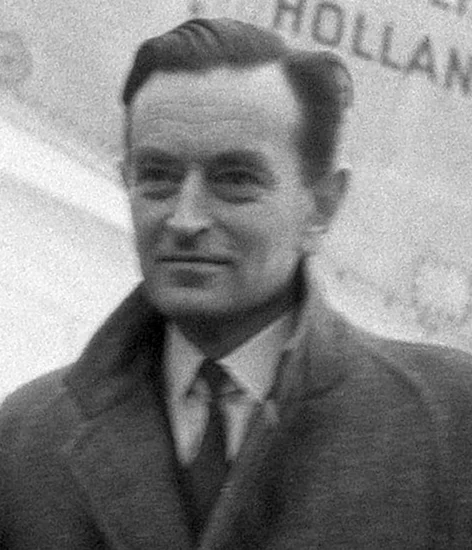
British film director David Lean died at age 83, concluding a career that produced cinema masterpieces. His epic films like “Lawrence of Arabia” and “Doctor Zhivago” defined cinematic grandeur.
Lean’s perfectionist approach and visual storytelling influenced generations of filmmakers. His ability to combine intimate character studies with sweeping landscapes created timeless movie experiences.
1947 – Rudolf Höss Dies

Nazi SS officer Rudolf Höss was executed at age 46 for war crimes committed as Auschwitz commandant. His trial and execution symbolized efforts to achieve justice for Holocaust victims.
Höss’s testimony provided crucial evidence about the systematic nature of Nazi genocide. His execution marked an important moment in post-war accountability for crimes against humanity.
1994 – Ralph Ellison Dies
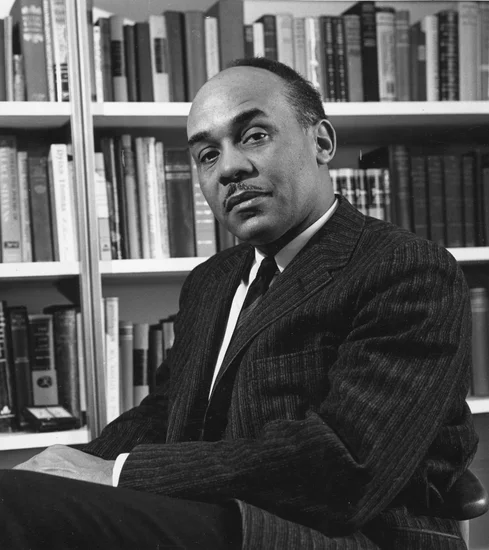
American novelist Ralph Ellison died at age 80, leaving behind the classic novel “Invisible Man.” His exploration of African American identity and social invisibility transformed American literature.
Ellison’s work addressed complex themes of race, identity, and belonging in American society. His literary achievements earned him recognition as one of America’s most important 20th-century writers.
2008 – Edward Norton Lorenz Dies

American mathematician Edward Norton Lorenz died at age 90, having revolutionized understanding of chaos theory. His butterfly effect concept transformed meteorology and mathematics.
Lorenz’s work demonstrated how small changes could produce large-scale effects in complex systems. His theories influenced fields ranging from weather prediction to economics and philosophy.
2021 – Helen McCrory Dies

British actress Helen McCrory died at age 52, leaving behind memorable performances in film and television. Her powerful portrayals of complex characters earned critical acclaim and audience admiration.
McCrory’s roles in “Harry Potter” and “Peaky Blinders” showcased her remarkable range. Her premature death from cancer robbed the entertainment world of an extraordinary talent.
Holidays and Observances on April 16
Emancipation Day in Washington, D.C.
Washington, D.C., celebrates Emancipation Day to commemorate the abolition of slavery in the nation’s capital. This local holiday recognizes the signing of the Compensated Emancipation Act in 1862.
The observance highlights the ongoing struggle for civil rights and racial equality. Educational events and ceremonies honor the sacrifices made by enslaved people and abolitionists.
Queen Margrethe II’s Birthday in Denmark
Denmark celebrates the birthday of Queen Margrethe II with national festivities and royal ceremonies. The monarch’s birthday brings together Danes in celebration of their constitutional monarchy.
Traditional celebrations include the changing of the guard and public appearances by the royal family. The day reflects Denmark’s pride in its democratic monarchy and cultural traditions.
World Voice Day
World Voice Day promotes awareness of voice health and the importance of vocal communication. Medical professionals and speech therapists organize events to educate the public about voice care.
The observance encourages people to appreciate the gift of voice and seek help for voice disorders. Professional singers, teachers, and public speakers particularly benefit from voice health education.
Memorial Day for Holocaust Victims in Hungary
Hungary observes Memorial Day for Holocaust victims to remember the persecution and murder of Hungarian Jews. This solemn commemoration honors the memory of Holocaust victims and survivors.
Educational programs and memorial services ensure that future generations understand the horrors of genocide. The observance reinforces Hungary’s commitment to preventing similar tragedies.
